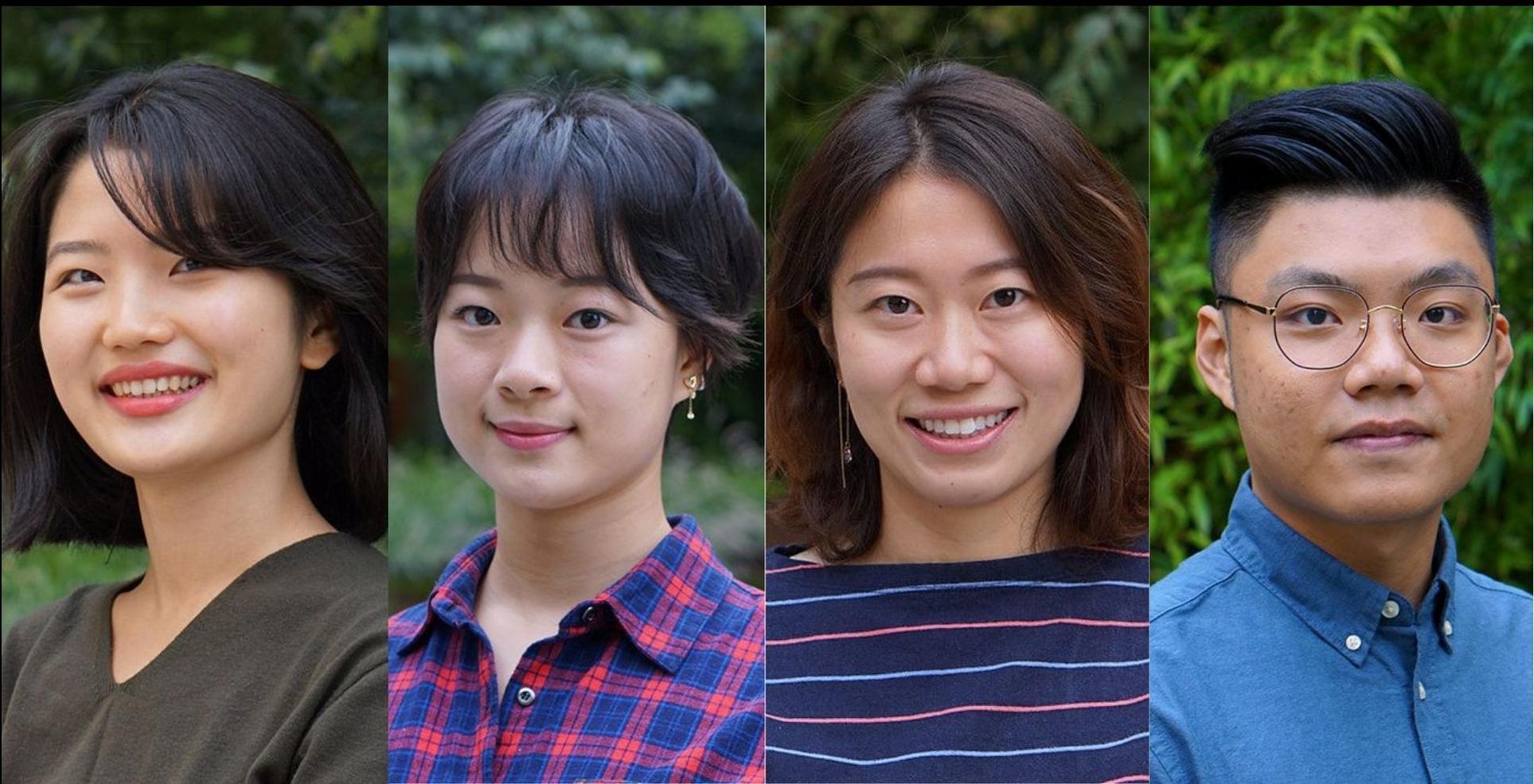
Four 2021 graduates from the Master of Science Capstone program met recently with current students to share information about their work and job search experience.
Yunbi Nam works as a research scientist at the Collaborative Health Studies Coordinating Center (CHSCC), a research center affiliated with the University of Washington Department of Biostatistics. She conducts data analysis for the Kidney Precision Medicine Project and the Multi-Ethnic Study of Atherosclerosis (MESA).
“I was weighing whether to get a PhD or a job and was leaning toward the PhD, but wanted to give myself one more opportunity to think about both pathways; about whether I wanted to pursue academic research or use the skill set I developed during the capstone program.”
“This is my first job as a statistician and I’m really enjoying the work. It’s helped me understand clinical trials and my coding skills have improved a lot. I also like communicating with the investigators and helping them understand data from the study,” said Nam.
Joanna Xiao’s interest in clinical trials shaped her job search.
“I studied pharmaceutical science as an undergraduate and then I studied biostatistics. I really wanted to know more about the process of conducting a clinical trial and how a biostatistician helps in this process. I also wanted to stay in Seattle, which did narrow my opportunities.”
Xiao now works at Axio Cytel with a group that helps companies form Data Monitoring Committees (DMC) for clinical trials. Her day-to-day work focuses on providing statistical support for data collection as well as the design and analysis of clinical trial data for DMC’s to review. She facilitates communication between the sponsor and DMC members, one of the many project management skills she uses in her position. Xiao is currently in charge of eight different projects, each with a different disease focus.
Yichen Lu views her work as a way to help patients without actually being a doctor. She’s a data analyst at Flatiron Health. Her team helps pharmaceutical companies design studies, answer research questions, and prepare data.
Yitao Wu didn’t limit his job search to health care, applying for data scientist roles at a number of different companies. He eventually accepted an associate data scientist position at Travelers’ insurance, a company at which he interned as a student.
“When I interned at Travelers, I learned a lot about the culture and work environment that made me decide to start my career there. At this early stage of my career, I find that I still need to learn a lot related to the business and to the modeling techniques that we use. Overall, I can see myself in this industry for a few years.”
In additional to a strong statistical foundation, which includes knowing how to write a Statistical Analysis Plan, the panel stressed the importance of public speaking and presentation skills.
“Seize every opportunity to give a talk, even if it’s only five minutes. Speak up in class. And anticipate and be prepared to answer questions after a presentation because that happens in the real world,” said Lu.
Xiao agreed, “In my company, presentation skills are very important because, as a project director, you need to make the presentation to the DMC. Sometimes you get nervous so you need to be well prepared. Practice more to get more confident.”
Applying for a job during the pandemic proved difficult for everyone, but all advised students to persevere and not give up if they don’t hear back after an interview.
“Sometimes, you fail the interview but don’t know why. Don’t be afraid of that. Be confident in yourself,” said Wu.
“Mentally prepare yourself that it may be a long process. But the more you interview, the better you get. The more offers you get, the more you know what’s out there and can negotiate,” said Lu.
“Don’t be discouraged. Most of our cohort is doing things they want to do. If you don’t hear back, change key words or titles. Alums can help inform the interview process. You should also ask questions of recruiters; they’re a useful resource for the interview process,” said Nam.